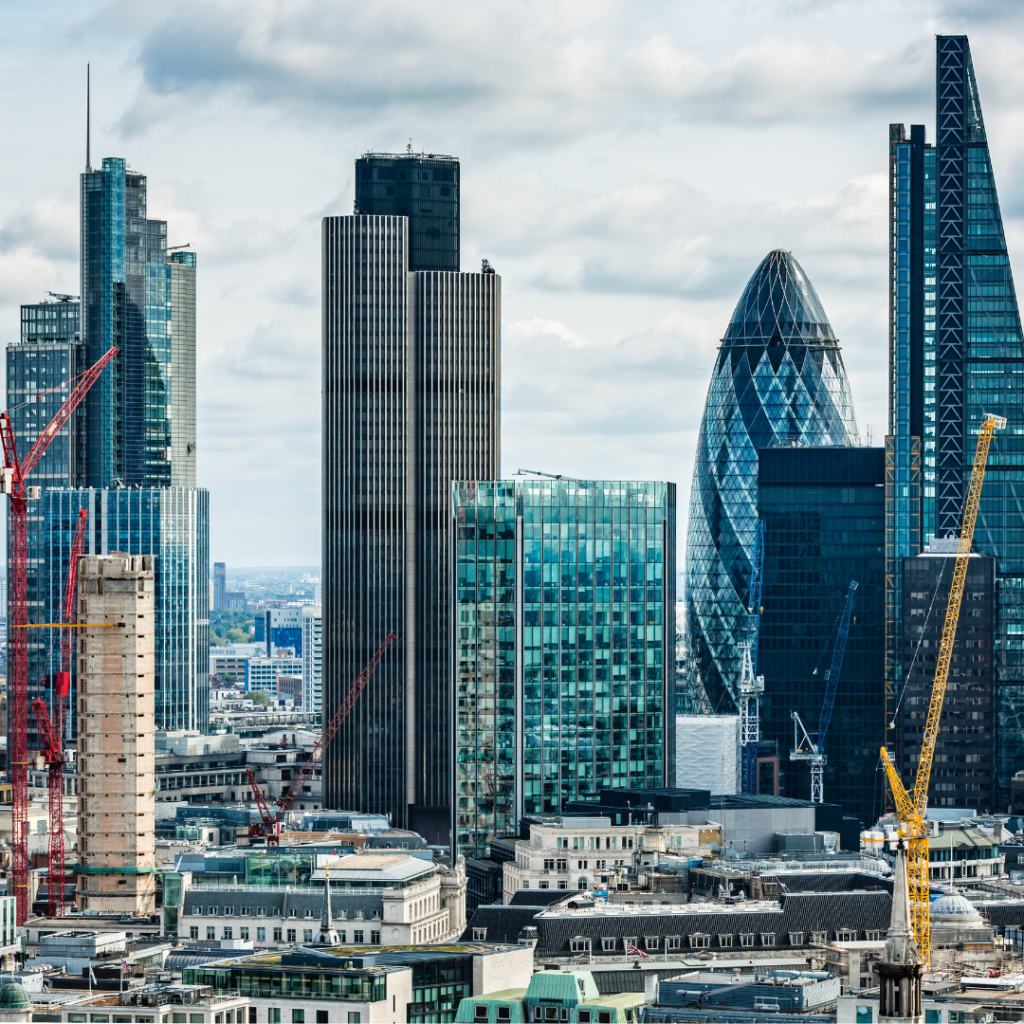Share 22 May, 2023

The City of London is looking to adopt a ‘retrofit first’ policy for its future City Plan, according to proposals debated last month.
Draft measures debated by councillors on the City’s local planning committee last month (27 April) highlighted the corporation’s intention to place greater weight on retrofitting in its 2040 City Plan.
The report said this could reduce the loss of embodied carbon in existing structures in the Square Mile. It also said the whole-life carbon (WLC) of any new major scheme (over 1,000m2 or 10 or more homes) should be considered.
The draft plans pointed to an update to the City’s sustainable development requirements, which could require all major proposals ‘to demonstrate that multiple options have been considered’ – including retrofitting.
Demands for a ‘retrofit first’ approach could also be inserted into the City’s overarching strategic policy on design, the corporation said. That would set out ‘the importance of retrofitting existing buildings, retaining embodied carbon and minimising whole-life carbon emissions’, the draft plans said.
‘A key objective of the draft City Plan is to ensure that the Square Mile transitions to a zero carbon city by 2040’, the document stated.
City of London Corporation planning and transportation committee chairman Shravan Joshi told the AJ: ‘As an organisation, we are moving towards a “retrofit first” approach, where reuse and refurbishment of existing buildings, structure and materials must be given serious consideration in any planning application.
‘We’re now looking to enshrine a retrofit-first approach in our City Plan, which will form the strategic basis for how the City develops over the years ahead to 2040.’
Members of the Local Plans Sub-Committee were asked to provide feedback on some of the suggested changes to policies in the City Plan, which will be decided on later this year by the Court of Common Council – the corporation’s main decision-making body.
Joshi said the draft City Plan would then go out for public consultation next year.
Townscape Consultancy board director Peter Stewart commented: ‘This doesn’t come as a surprise. It doesn’t rule out proposals to demolish and rebuild, but it’s consistent with the steadily increasing demands on developers to justify demolition with regard to carbon implications.
‘The demands of likely tenants are moving in the same direction, as they increasingly want or need to demonstrate their own sustainability credentials, so there may be less resistance to this proposal from the market than some might assume.’
The City of London has already taken some steps towards reducing carbon emissions from the built environment with the introduction of a Carbon Options Guidance Planning Advice Note in March.
Praising the move, conservation group The Twentieth Century Society tweeted: ‘A very welcome change of direction from City of London on planning policy. The City is home to some of Britain’s most extraordinary twentieth and twenty-first century architecture, which deserves conservation or modernisation, not demolition.’
But campaigners wanting to save the former Museum of London site from City of London demolition proposals have questioned the guidance given a seven-week timeframe for developers to express interest in retrofitting the buildings.
A City of London spokesperson told the AJ that it stood by the findings of a whole-life carbon assessment published in May 2022, which backed demolition and rebuild over retrofit.
But they added: ‘[Our] comprehensive consultation process, refinement of emerging proposals and continuing assessment of all options for the site are factors that led to the invitation to express interest in retrofitting.
‘All proposed design solutions will be assessed on their merits, which includes full consideration of both carbon efficiency and financial viability.’

*Offer ends on Friday, 7th February.